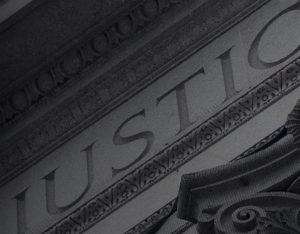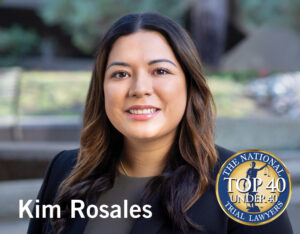Reporting tax avoidance compels violators to pay their fair share.
Created in 2006, the IRS Whistleblower Office provides financial compensation to conscientious individuals who provide information that leads to the recovery of unpaid taxes due to tax fraud. While these complex cases may take years to conclude, it can be time well spent in terms of justice and potential monetary reward.





